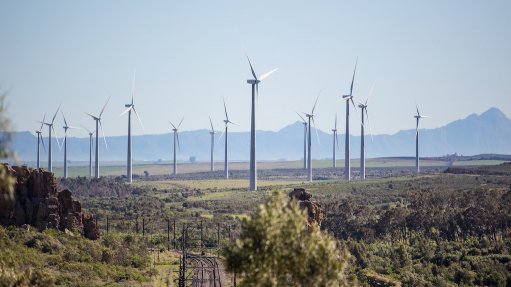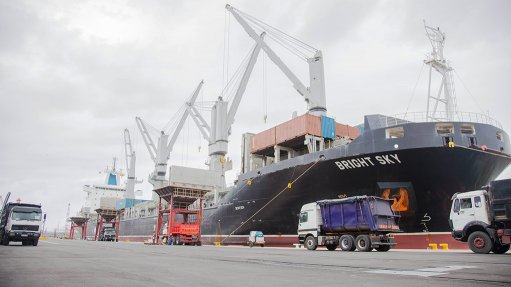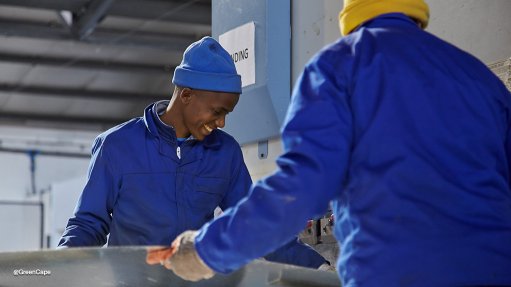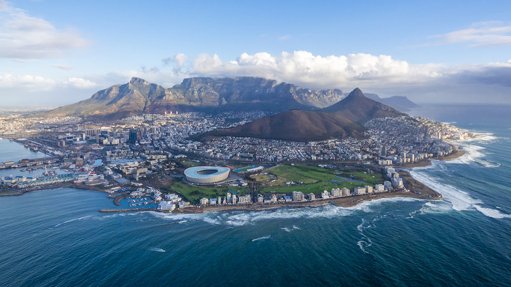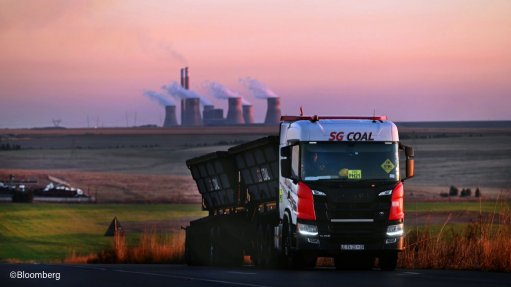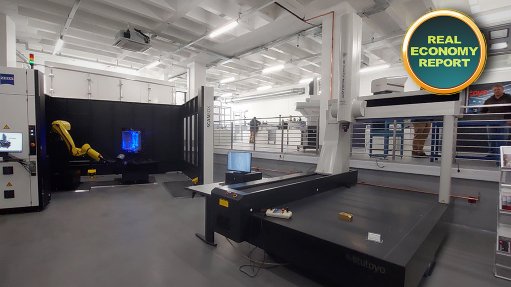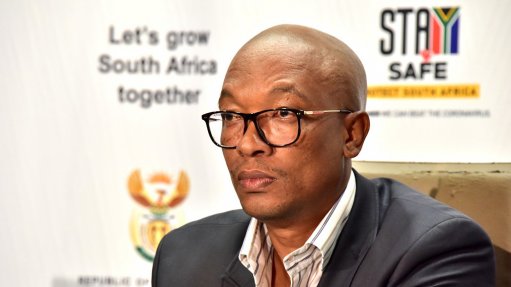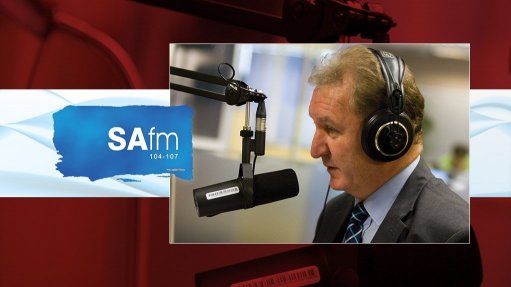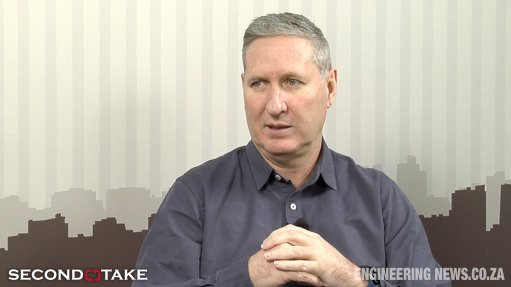Panel discusses SAF production in Africa, its use in decarbonisation
Amid a global emphasis on decarbonisation, the adoption of sustainable aviation fuel (SAF) can contribute towards 2050 net-zero goals, panellists noted during a discussion on the second day of this year’s International Air Transport Association (IATA) Wings of Change Focus Africa conference.
The panel discussed the implications of supporting economic growth in Africa while preparing for the impacts of climate change, outlining key considerations for financing SAF initiatives.
IATA net-zero programmes head Dr Preeti Jain noted that SAF, which was already available, could play an important role in this net-zero journey, highlighting the need to accelerate production.
However, panellists noted that, while Africa had feedstock potential, a lack of policy and financing had hindered its production in Africa.
“Technology is not any limitation to us; we have the technology. The only issue that we need to work around is feedstock, ensuring that we have sufficient feedstock to sustain SAF, and also making sure that financially we are able to attract investors that will be able to invest in these projects,” said PetroSA aviation manager Dumisani Damane.
He added that strategic partnerships were important for the company.
“The only thing we need to firm up is [the] availability of sustainable feedstock, which will not necessarily impact any discussions around food shortages,” he stated.
Canegrowers Association of South Africa CEO Dr Thomas Funke pointed out that there were concerns about using crops to produce SAF, owing to countries not wanting fuel to compete with food.
However, he said there was often a surplus of sugar that got exported. Hence, he argued that the use of this surplus in SAF production would not impact food security worldwide.
Meanwhile, Funke said that, while the association had been in discussions with fuel producers in South Africa to explore SAF production, there were transport limitations, owing to the long distances.
In this vein, Damane noted that government support and investment, were needed to establish blending plants closer to feedstock supply chains.
“I think it's fair to say there are challenges within the supply chain to move this feedstock all the way to Mossel Bay. Those are things that we really need to put time and effort around,” he said.
Hence, while there was feedstock abundance in Africa, Jain said the missing gap was how the supply chain was being embedded, how the infrastructure was brought together and the lack of a clear policy roadmap.
Comments
Press Office
Announcements
What's On
Subscribe to improve your user experience...
Option 1 (equivalent of R125 a month):
Receive a weekly copy of Creamer Media's Engineering News & Mining Weekly magazine
(print copy for those in South Africa and e-magazine for those outside of South Africa)
Receive daily email newsletters
Access to full search results
Access archive of magazine back copies
Access to Projects in Progress
Access to ONE Research Report of your choice in PDF format
Option 2 (equivalent of R375 a month):
All benefits from Option 1
PLUS
Access to Creamer Media's Research Channel Africa for ALL Research Reports, in PDF format, on various industrial and mining sectors
including Electricity; Water; Energy Transition; Hydrogen; Roads, Rail and Ports; Coal; Gold; Platinum; Battery Metals; etc.
Already a subscriber?
Forgotten your password?
Receive weekly copy of Creamer Media's Engineering News & Mining Weekly magazine (print copy for those in South Africa and e-magazine for those outside of South Africa)
➕
Recieve daily email newsletters
➕
Access to full search results
➕
Access archive of magazine back copies
➕
Access to Projects in Progress
➕
Access to ONE Research Report of your choice in PDF format
RESEARCH CHANNEL AFRICA
R4500 (equivalent of R375 a month)
SUBSCRIBEAll benefits from Option 1
➕
Access to Creamer Media's Research Channel Africa for ALL Research Reports on various industrial and mining sectors, in PDF format, including on:
Electricity
➕
Water
➕
Energy Transition
➕
Hydrogen
➕
Roads, Rail and Ports
➕
Coal
➕
Gold
➕
Platinum
➕
Battery Metals
➕
etc.
Receive all benefits from Option 1 or Option 2 delivered to numerous people at your company
➕
Multiple User names and Passwords for simultaneous log-ins
➕
Intranet integration access to all in your organisation






